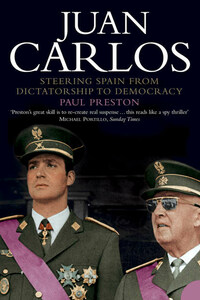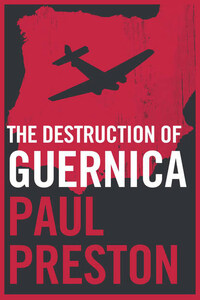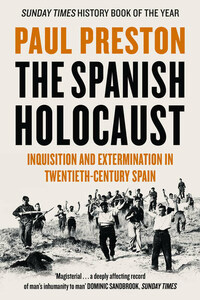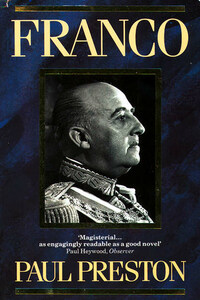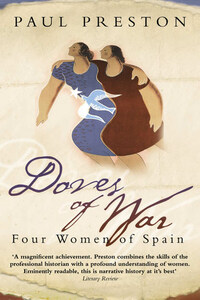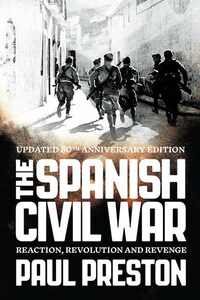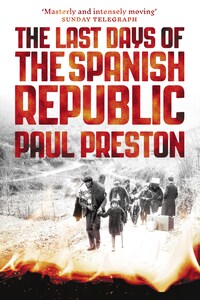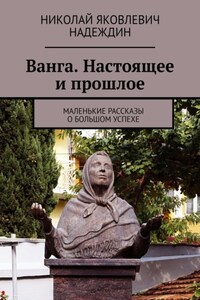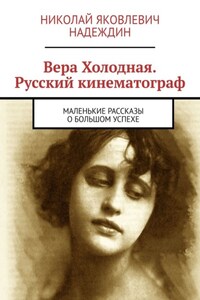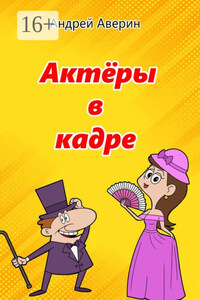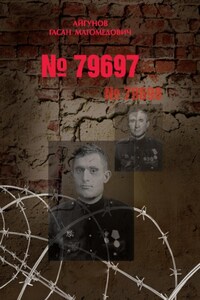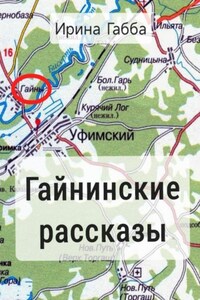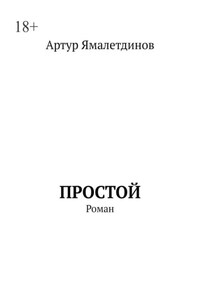There are two central mysteries in the life of Juan Carlos, one personal, the other political. The key to both lies in his own definition of his role: âFor a politician, because he likes power, the job of King seems to be a vocation. For the son of a King, like me, itâs something altogether different. Itâs not a question of whether I like it or not. I was born to it. Ever since I was a child, my teachers have taught me to do things that I didnât like. In the house of the Borbóns, being King is a profession.â>1 In those words lies the explanation for what is essentially a life of considerable sacrifice. How else is it possible to explain the apparent equanimity with which Juan Carlos accepted the fact that his father, Don Juan, to all intents and purposes sold him into slavery? In 1948, in order to keep the possibility of a Borbón restoration in Spain on Francoâs agenda, Don Juan permitted his son to be taken to Spain to be educated at the will of the Caudillo. In a normal family, this act would be considered to be one of cruelty, or at best, of callous irresponsibility. But the Borbón family was not ânormalâ and the decision to send Juan Carlos away responded to a âhigherâ dynastic logic. Nevertheless, the tension between the needs of the human being and the needs of the dynasty lies at the heart of the story of the distance between the fun-loving boy, Juanito de Borbón, and the rather stiff prince Juan Carlos with his perpetually sad look. The other, rather more difficult puzzle, is how a prince emanating from a family with considerable authoritarian traditions, obliged to function within ârulesâ invented by General Franco, and brought up to be the keystone of a complex plan for the continuity of the dictatorship should have committed himself to democracy.
The mission to which Juan Carlos was born, and which would take precedence over any personal life, was to make good the disaster that had struck his family in 1931. On 12 April 1931, nationwide municipal elections had seen sweeping victories for the anti-monarchical coalition of Republicans and Socialists. King Alfonso XIII, an affable and irresponsible rake, had earned considerable unpopularity for his part in the great military disaster at Annual in Spainâs Moroccan colony in 1921. Even more, his collusion in the establishment of a military dictatorship in 1923 had sealed his fate. When he learned that his generals were not inclined to risk civil war in order to overturn the election results, he gave a note to his Prime Minister, Admiral Aznar. âThe elections celebrated on Sunday show me clearly that today I do not have the love of my people. My conscience tells me that this wrong turn will not last forever, because I always tried to serve Spain, my every concern being the public interest even in the most difficult moments.â He went on to say, âI do not renounce any of my rights.â In that statement can be distantly discerned the process whereby Spain lost a monarchy, suffered a dictatorship and regained a monarchy. The hidden message to his supporters was that they should create a situation in which the Spanish people would beg him to return. This would be the seed from which the military uprising of 1936 would grow. However, its leader, General Franco, despite being a self-proclaimed monarchist and one-time favourite of Alfonso XIII, would not call him back to be King. One reason perhaps was that Alfonso XIII also said, âI am King of all Spaniards, and also a Spaniard.â Those words would often be used by Alfonsoâs son and heir, Don Juan, and would occasion the sarcastic mirth of the dictator. They would be used again on the day of the coronation of King Juan Carlos.>2
On 14 April 1931, on his painful journey from Madrid, via Cartagena, into exile in France, the King was accompanied by his cousin, Alfonso de Orleáns Borbón. The Queen, Victoria Eugenia of Battenburg, a granddaughter of Queen Victoria, was escorted into exile by her cousin, Princess Beatrice of Saxe-Coburg, the wife of Alfonso de Orleáns Borbón.>3 The government of the Republic quickly published a decree depriving the exiled King of his Spanish citizenship and the royal family of its possessions in Spain. After a short sojourn in the Hôtel Meurice on the rue de Rivoli in Paris, the royal family moved to a house in Fontainebleau. There, Alfonso XIII received delegations of conspirators against the Second Republic and gave them his approval and encouragement.
